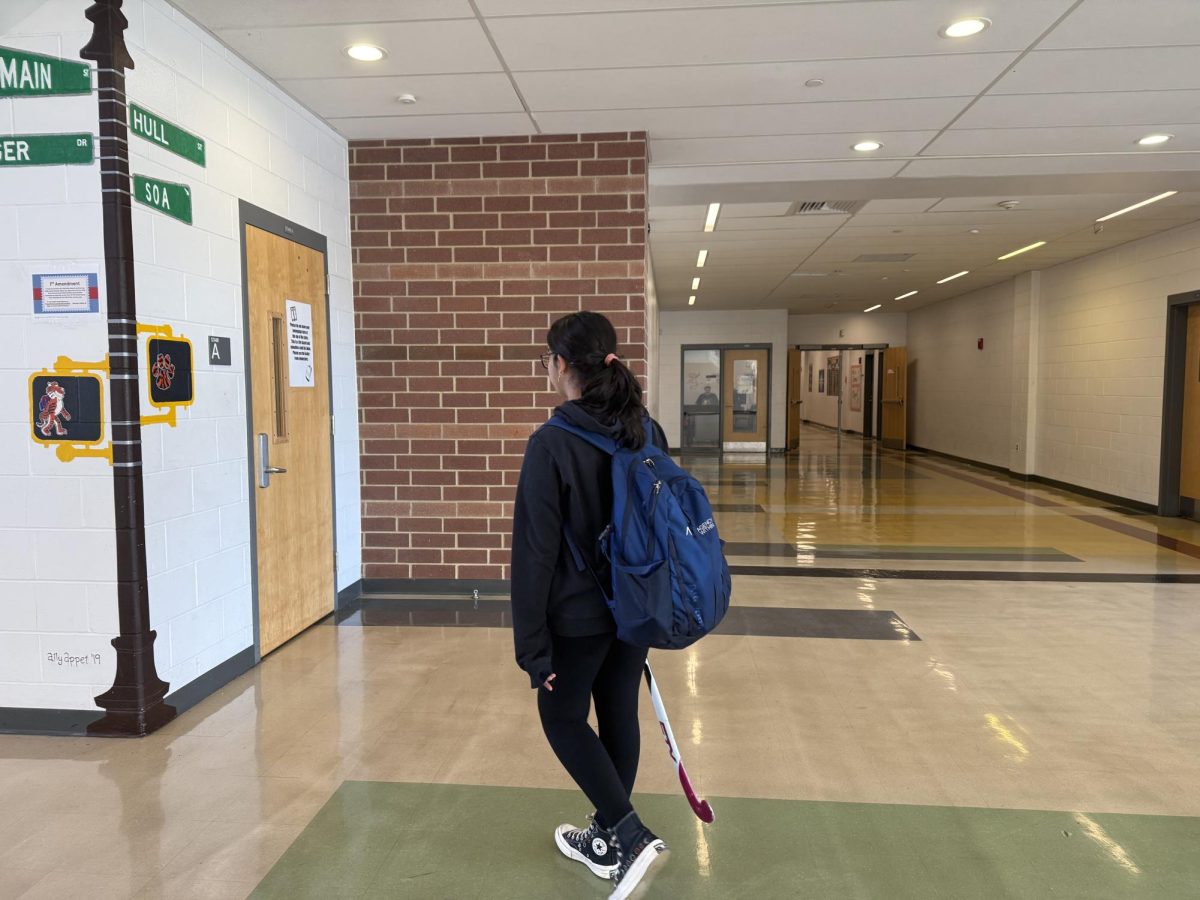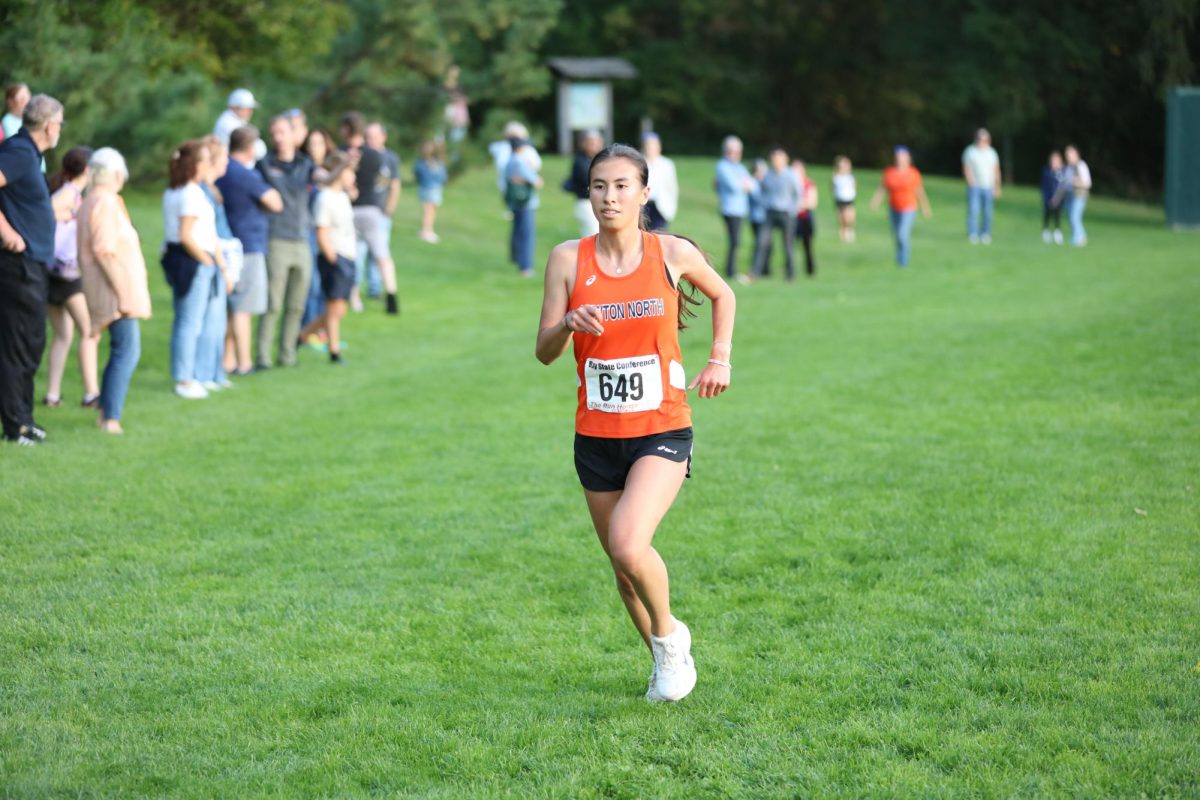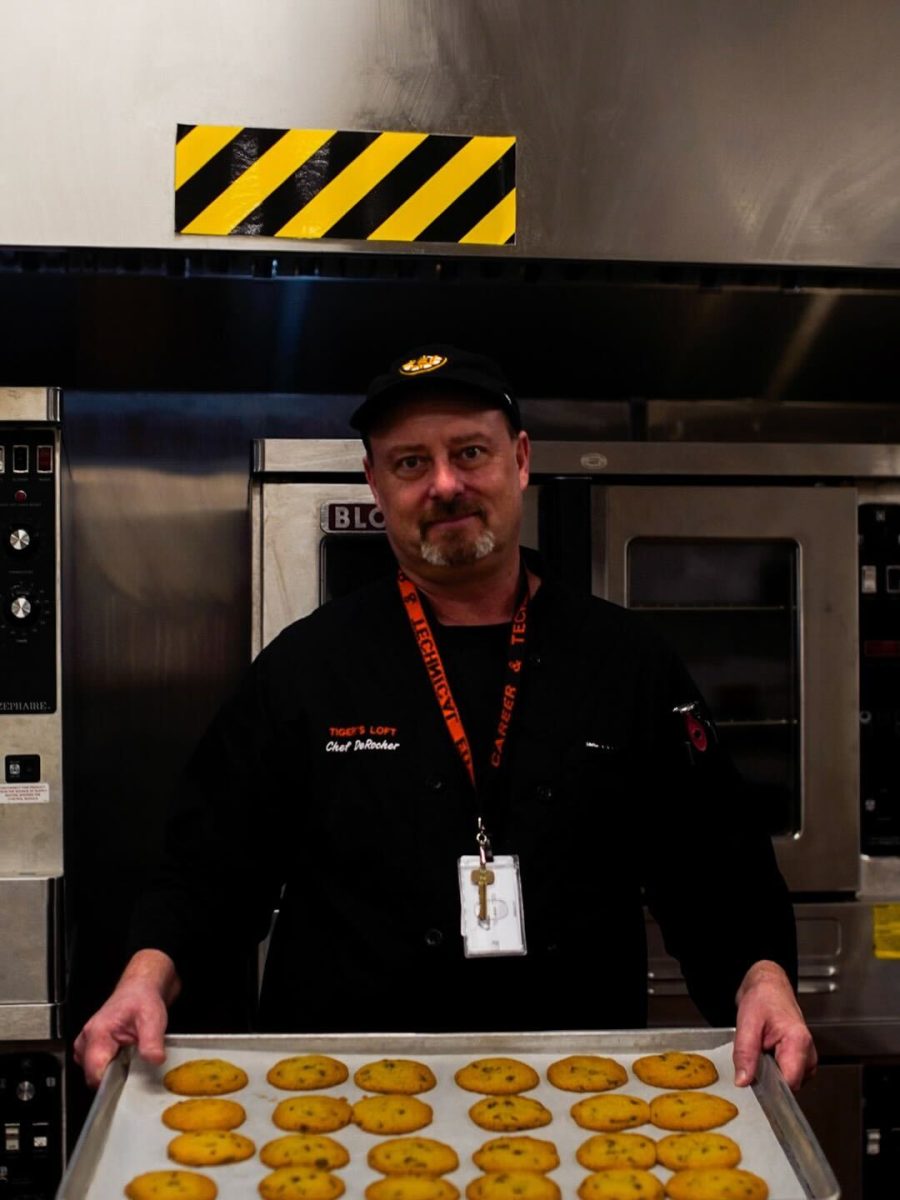by Julia Moss
When I was five years old, my best friend’s father died of cancer. I was very sad for her
and her family. But I was also frightened, because I realized for the first time that cancer could
take away a parent. When my Uncle Judah heard about this (and how frightened I was), he
immediately invited me to his cancer laboratory at Children’s Hospital. He was a busy man, but
he spent hours with my dad and me, as if he had all the time in the world. As we walked from
room to room, I watched a chicken’s heart beat in a Petri dish, stared through glass tanks at
hundreds of little zebra fish darting through the water, and even held a big test tube full of cancer
cells in my hands. Since I was only five years old, I did not fully understand what I was seeing in
the lab. But I was excited to be a part of it, and by the end of the visit, I was somehow feeling
better about things. Looking back on it now, I think what I was feeling was hope – the hope that
emanated from seeing how hard my uncle was fighting to defeat cancer, the disease that took my
friend’s father.
Little did I know that Uncle Judah’s work was also giving hope to millions of others
worldwide. My great-uncle, Dr. Judah Folkman, was a renowned cancer researcher and the
founder of the Vascular Biology program at Boston Children’s Hospital. In 1961, he
hypothesized that tumors signaled the body to create new blood vessels, and relied on the blood
these vessels supplied to stay alive and grow. He reasoned that if this new blood vessel growth,
which he called “angiogenesis,” could be stopped, then the tumors could be starved to death.
Dr. Folkman’s theory was initially very controversial within the scientific community.
His strategy for defeating cancer, known as anti-angiogenesis, proposed targeting only the blood
supply of the tumor, rather than the tumors themselves. To many scientists, this idea – that a
tumor could be starved to death by cutting off its blood supply – seemed impossible. In fact, the
scientific community resisted Dr. Folkman’s theory at every turn. “He took grief because he was
a pioneer,” said Dr. Marsha Moses, a close colleague of Dr. Folkman’s and now the director of
the Vascular Biology Program at Children’s.
In those early days, the resistance was so strong that it would have been easy for him to
give up hope and move on to something else. In fact, most other scientists would have. But I
think my great-uncle was different. It was not just his scientific insight and skill but also his
incredible spirit that made possible his victories in the war against cancer. “The criticism drove
him,” Marsha Moses said. He was relentless, focusing on his research around the clock, often
staying at the lab for twenty-one hours at a time. He explored every criticism of his theory,
hoping to prove his critics wrong, but determined, above all, to find the truth. And after twenty
years of tireless work, he ultimately proved his angiogenesis theory correct. Due not only to Dr.
Folkman’s skill, but also to his tenacious spirit, angiogenesis is now widely accepted among
scientists.
Those who knew him best say that my great-uncle’s perseverance allowed him to save
many lives. And he inspired his patients not to give up either. When there seemed to be no
chance of recovery for a patient, and no other treatments left to try, Dr. Folkman would go back
to the lab and struggle to come up with something new. Jonathan Lockwood, a patient of Dr.
Folkman’s for nearly thirty years, said, “He never gave up on me … [and] I am forever grateful
for that.” Many years ago, when Jonathan was just fifteen, he became very sick with a lifethreatening
intestinal disease. Doctors in his hometown had tried everything, but had not been
able to help him. He was brought to Children’s Hospital where Dr. Folkman operated on him and
continued to treat him for many years. Honest with Jonathan about his medical issues, Dr.
Folkman nonetheless gave the boy hope, teaching him about the research he was doing to cure
people like him, and even taking Jonathan to the lab when he was well enough to leave his
hospital bed. Today, Jonathan Lockwood is healthy and has three kids of his own. He said
recently, “I have never met a human being as compassionate and intelligent as Judah Folkman.
When [Dr. Folkman] left us,” Jonathan continued, “I felt like I had lost an angel or protector.”
Jonathan’s words resonated with me. I had always heard stories from my parents about
how my Uncle Judah never gave up in anything he did. I had noticed his great compassion many
times myself, most memorably that first time I visited his lab at age five. But there was another
interaction after which I truly started to understand my uncle and why so many people admired
him. A number of years ago, he told me about an old book that described the early methods
doctors used to treat infections in the nineteenth century, before the invention of antibiotics.
Wherever the infection was, the doctor was instructed to cut out that part of the body, whether it
be an organ, an arm, or a leg. That might seem barbaric now, but much the same, my uncle
reminded me, is true of the approach to treating cancer today. When tumors are found, surgeons
cut them out, wherever they are in the body, even if that means losing an organ or an arm or a
leg. But just as antibiotics made surgery largely unnecessary for infections, Judah suggested that
perhaps anti-angiogenic medicines could, some day, do the same for cancer. It was a remarkable
vision. He imagined a world that no one else could see – where cancer could be treated like an
infection – and he devoted his life to making it a reality. In this way, he was very much like Dr.
Martin Luther King, Jr., who envisioned a far better world than almost anyone else could see
during the divided, racist times of the 1950’s and 60’s.
In fact, I believe that in many ways, my uncle shared a dream similar to Dr. King’s. Both
men dreamed of changing the world in profound ways, and were willing to devote their lives to
solving some of the biggest problems facing humanity. Both aimed extremely high, focusing on
big, seemingly insurmountable, questions rather than safe ones or small ones. Even though it
required enormous struggle, Dr. King fought to end the hate and injustice directed towards black
Americans. He would have had a far easier life if he had chosen a more modest goal, but he took
on the bigger challenge because he knew it was the only way to make a real difference over the
long term. It was for much the same reason that Dr. Folkman chose to tackle the toughest
mystery in medicine: cancer. If Dr. Folkman had given up on his angiogenesis research early, or
chosen to work on something simpler and less controversial, he would have faced far fewer
attacks. But like Dr. King, Dr. Folkman wanted to make a real difference in people’s lives.
Both Dr. Folkman and Dr. King inspired countless others to aim as high as they did. In
his own time, Dr. King served as an inspiration for African Americans all across the country,
many of whom followed his example of fighting peacefully for their full civil rights. He inspired
them to fight not just for local victories, but for the biggest and most meaningful ones – full
integration and racial justice across America. Similarly, Dr. Folkman was a guiding light for
countless other doctors and researchers. As chief of surgery at Children’s Hospital, he urged
fellow surgeons to try to answer the biggest questions in medicine and to never stop searching
for answers. Dr. James Mandell, now the president of Children’s, remembered, “We would sit at
a blackboard every week and [Judah] would say, ‘Okay, what are your unsolved problems in
clinical medicine right now and what can we do in the lab to figure them out?’” Acting alone,
neither Dr. King nor Dr. Folkman could have achieved nearly as much as they did. But working
together with all of those they inspired, these two individuals were able to make the world a
better place.
Today, well over a million patients are being treated with anti-angiogenesis drugs. These
medicines have extended the lives of countless cancer patients, though they have not, as of yet,
cured the disease. Like Dr. King, Dr. Folkman did not vanquish his enemy (be it cancer or racial
injustice), but he did create hope. He created hope for the parents of sick children when he
refused to give up, telling them again and again, “If the child is alive, then he is potentially
curable.” He created hope for end-stage cancer patients, who had no chance of survival without
the new treatments. He created hope for oncologists who looked forward to the day when they
would no longer have to tell patients that “there is nothing more we can do.” And he created
hope for me when I visited his lab all those years ago. It is a day I will never forget.
Categories:
Dr. Judah Folkman: A Man with a Dream
January 19, 2011
0
Donate to The Newtonite
More to Discover








































